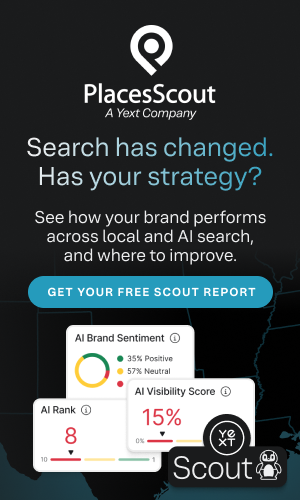- Joined
- Jul 18, 2012
- Messages
- 482
- Solutions
- 1
- Reaction score
- 94
One of the services I offer to clients is blogging. I have a professional writer that does an amazing job creating super high quality content for my clients' blogs. And while all this blogging has generated a ton of traffic for my clients, the bounce rates are through the roof - we're talking 90%!
How the heck is that possible? If we write an indepth article on "how to install a ceiling fan" (as an example blog topic), complete with an embedded video, how could the bounce rates to such an article be so high?
My understanding of bounce rates is that it means someone comes to your page and immediately leaves. If they are searching for "how to install a ceiling fan" and they see our article in the search results and click on it, why would they leave immediately?
Seeing such high bounce rates across the majority of my clients' blogs makes me wonder what the value of blogging really is. It's great it increases traffic but what good is the traffic if they are bouncing so much?
Travis
How the heck is that possible? If we write an indepth article on "how to install a ceiling fan" (as an example blog topic), complete with an embedded video, how could the bounce rates to such an article be so high?
My understanding of bounce rates is that it means someone comes to your page and immediately leaves. If they are searching for "how to install a ceiling fan" and they see our article in the search results and click on it, why would they leave immediately?
Seeing such high bounce rates across the majority of my clients' blogs makes me wonder what the value of blogging really is. It's great it increases traffic but what good is the traffic if they are bouncing so much?
Travis




